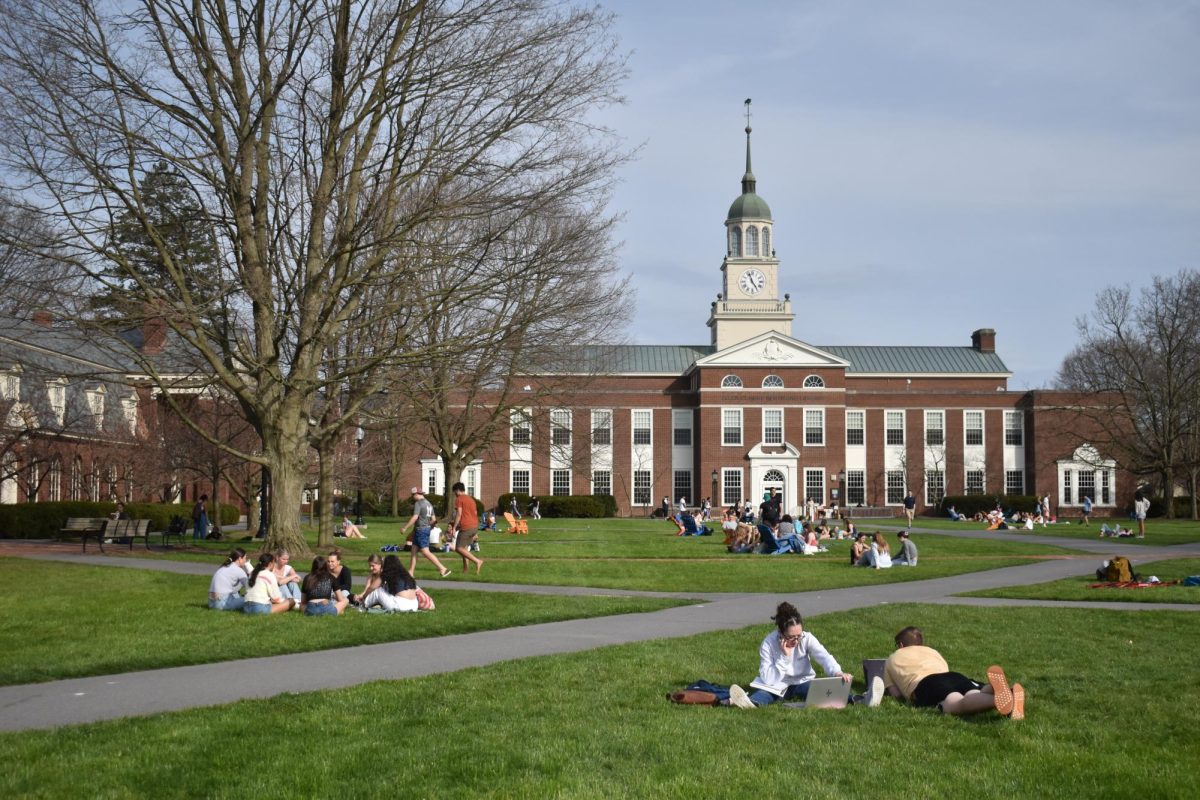I enrolled in college hoping it would set me up for a better future, but now, paying an absurd amount in tuition (thanks, Bucknell), I question what a “better future” really means. Is it more money? Less stress and uncertainty? And is college really the best way to get there? The truth is, America’s “college or bust” mentality has led to an over saturation in low-paying jobs, skyrocketing student debt and a shortage of workers in skilled trades.
College degrees have become a gatekeeping tool rather than a true measure of skill, which is why we deem them so necessary for our success. Most employers require degrees for jobs that don’t need them, excluding qualified workers who have the relevant experience and knowledge but lack only a degree, often coming from low-income and minority backgrounds. In this context, the American system essentially forces us to pay an average of $153,000 (as Bucknell students, even more) just to access jobs that shouldn’t require a degree, not to mention all the money it takes to get one.
You’re probably thinking, ‘Well yeah, that’s horrible, but my degree will be worth it, and I’ll get a high-paying job where I actually use my qualifications!’ But the reality is that a degree is not a guarantee of success. Many recent graduates from top universities find themselves underemployed, competing for limited positions in oversaturated fields. And even if you beat the odds and land a relevant job, will it be worth the massive debt and years you spend paying off your degree?
At the same time, industries like construction, plumbing and electrical work offer better salaries than many entry-level office jobs requiring a degree. If this is the case, why do high schools continue pushing students toward college instead of presenting these careers as respectable options? The U.S. has tunnel vision when it comes to the correct path to success, inadvertently creating a cycle of labor shortages in essential industries while flooding the job market with degree holders. No, this doesn’t mean you should drop out of college and become a plumber (although it wouldn’t be the worst idea).
That being said, consider the value of your education and its applicability to the current job market. If a degree isn’t essential for the work itself, then why should it be a requirement and an expensive one at that? Employers should prioritize skills and experience over degrees, and we need to stop treating trade jobs as lesser career choices. This isn’t just an issue with education; it’s a policy failure that has left generations trapped in debt and underemployment while essential industries struggle to find workers. College should be an option, not a requirement, and it’s time to rethink how we approach education and work in this country.




















